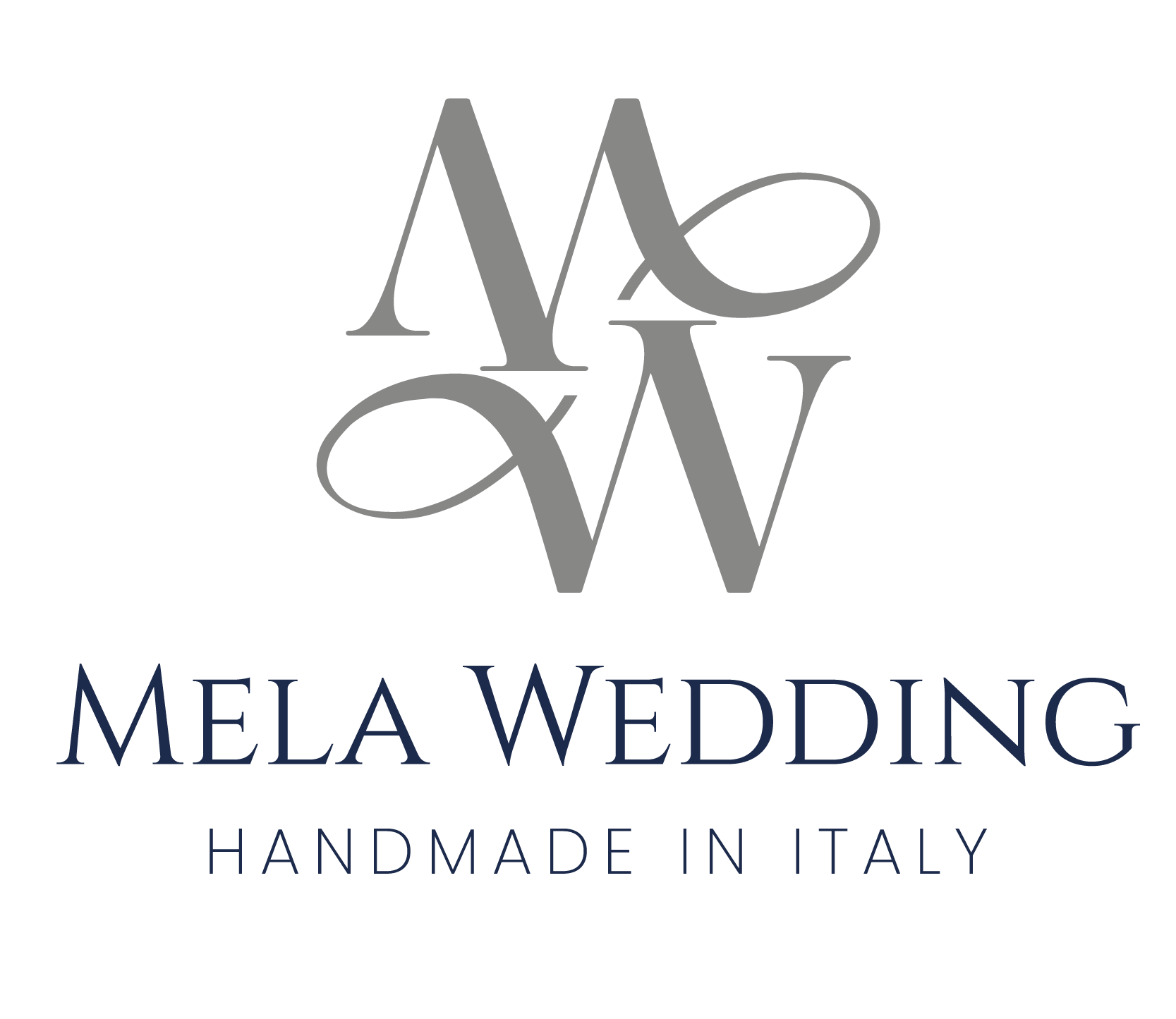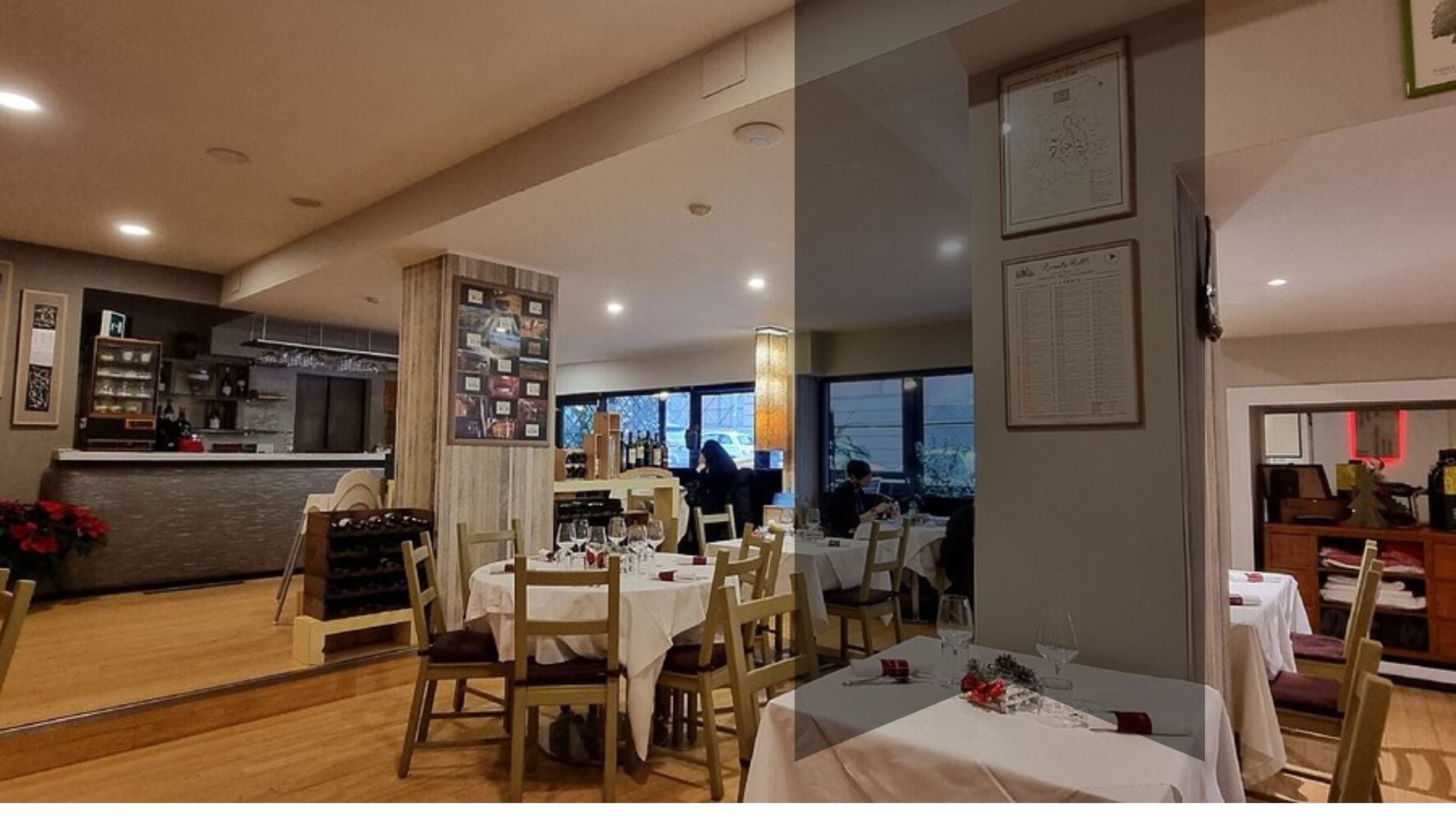
The luxury of sustainability
Luxury, uniqueness, exclusivity, and above all, dream. These are the terms associated with fashion, and particularly with the luxury of fashion. Meanwhile, those who express concern for the sustainability of fashion often use other terms, such as circular economy, ecological transition, and climate change. The former are terms that are in stark contrast to the latter, and in public debate, they are often in stark opposition. This happens because we live in the era of fast fashion , of hit-and-run collections churned out at a frenetic pace, sometimes multiple times within the same season. Collections made with low-quality, low-priced garments, but which often imitate models created by renowned designers and recreate iconic motifs. This is the mechanism that has led the majority of people to purchase, at an equally frenetic pace, garments with short, if not very short, lifespans.
Fast Fashion vs. Slow Fashion
“Fast fashion isn't really about time or speed, but rather about greed: selling more to make more money.” This is the view of Kate Fletcher, a sustainable fashion activist and owner of the Local Wisdom project, an intriguing project with global ambitions that aims to illustrate how wearing a garment can tell a story of life and humanity, bringing human values back to the forefront, not compulsive buying. It was Kate Fletcher who also coined the term slow fashion , contrasting the slow pace of artisanal thinking and design of fashion with the frenetic pace of fast fashion.
Greenwashing and overproduction
It's also true that fast fashion brands themselves are engaging in sustainable practices, trying, in a sense, to close the loop. Fast fashion giants, for example, sell garments made from natural or recycled fibers, naturally involving a huge expenditure of resources in communication and advertising. These policies are called greenwashing, a neologism that refers to a brand reputation "cleanup," which often yields appreciable results in terms of revenue, but which does nothing to offset the environmental and social damage caused by overproduction of clothing. The fact remains that when a piece of clothing costs less, it's because someone else has paid the price, in terms of exploitation of labor or the environment.
The luxury of choice
Sustainability isn't just a marketing tool; it's a creative and productive action. It goes hand in hand with producer transparency and consumer awareness. Perhaps the purest and most desirable of luxuries is the ability to choose and reject products that embody unsustainable, often even illegal, practices. We are what we wear, because our existence in the world is also reflected in our clothing choices.





Leave a comment
This site is protected by hCaptcha and the hCaptcha Privacy Policy and Terms of Service apply.